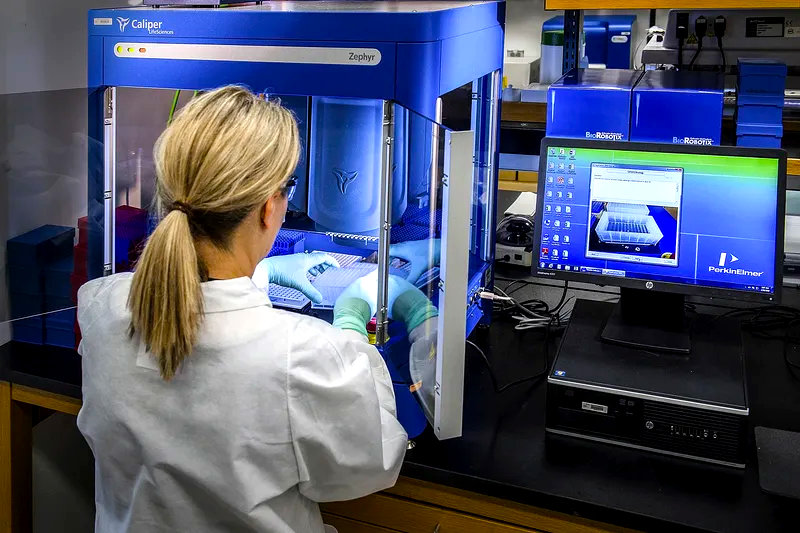Considering the increase in the average aging population, a large number of people will soon require supplementary medical care, including the services offered by medical laboratories. Regardless of whether you build a medical lab from the scratch or purchase it from another owner, the services offered are of immense help to this growing population of aging people.
Nevertheless, if you are interested in jumpstarting your medical laboratory business, you should know that they’re highly regulated, intimidating to handle, and costly to finance.

A Business Idea Wrapped in Critical Yet Small Details
There are several labs that begin as entrepreneurial ventures with their main objective of innovating and testing new technology. However, the start-up lab has to meet certain requirements in order to develop itself as a business organization. Here is a list of the few things a start-up lab will need.
1. Developing a business plan
The foremost step is a business plan that comprises a description of the company, a summary, an analysis of the market, a management and organization section, a product or service section, and a section for funding request.
2. Deciding on the structure of your business
Is your start-up lab going to be a sole-proprietorship or a corporation or an LLC (limited liability company) or a partnership? Each type has its own tax and legal implications that need to be understood. Get help from a professional tax advisor before finalizing the business structure.
3. Determining the funding of the lab
There are several novice entrepreneurs who use their personal resources for funding their lab. This is called ‘seed funding’ and it will help in arranging the lab, paying the rent of the lab, overhead costs, salaries of employees and other legal and insurance fees.
4. Choosing the right LIMS for your lab
Laboratory Information Management System (LIMS) has the ability to combine several databases, instruments, applications, and systems and provide features that help deal with the different facets of lab operations. After implementing a LIMS, all sorts of lab experience become more efficient and easier.
5. Hiring lab personnel and workers
A lab entrepreneur should be aware of the labor and employment laws for hiring consultants and employees in order to guarantee compliance. Labor and employment laws can include writing apt job descriptions, providing benefits to employees and offering employee manuals.
6. Funding the lab
As the lab expands eventually, the entrepreneur should search for viable funding options. You can resort to venture capita fund or angel investors. The SBA (Small Business Administration) also offers research grants for small business that are engaged in R&D under the STTR and SBIR programs.

The Importance of Laboratory Information Management System for your Start-up Lab
LIMS offers the most crucial benefits linked to accuracy, better efficiency, and easier access to data that is needed to produce commendable results. However, choosing a laboratory information management system for your lab is a difficult job. Here are a few things to factor in while choosing.
1. Consider your present lab processes
Do you ever outline your workflow process? Do you know where the breakdowns are happening? Ask yourself where exactly are the ineffective processes being used. Write down what you’re looking for in your LIMS and how you can create a unique environment.
2. Consider the type of lab
The industry you’re operating in is one of the basic factors to take into account while choosing a LIMS for your start-up lab. There are separate LIMS for supporting med device, research labs, pharmaceutical, biotechnology, environment, and food testing labs.
3. Consider the expenses
Did you confer with the respective departments to decide how much your company can spend? Though it’s tough to assign a price tag on effective lab management, you have to be sure about making the best monetary decisions for your company.
So, if you’re all set to realize of dream of starting a laboratory business, keep in mind all the factors mentioned above. Seek the help of a financial advisor if necessary.




